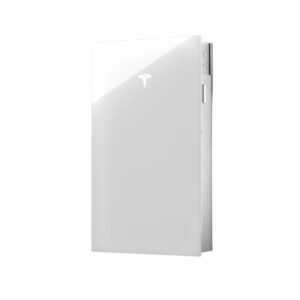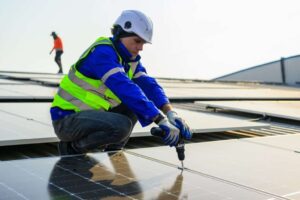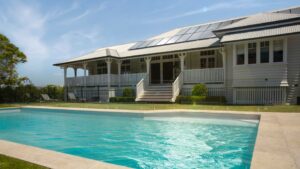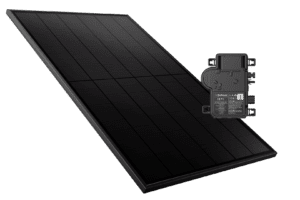According to most manufacturers the life expectancy of most solar panels can be as long as 20-25 years, and that is the basis for the warranty that they provide. But after that time, your solar array can continue to operate at 75-80% efficiency and go on for years more. In fact there are systems from the ’70s that still work and produce solar energy.
However, the above-mentioned lifespan is only in perfect conditions. A few factors impact the life span and efficiency of the panel leading to early degradation.
While solar panels are not fragile, the connections and other system associated with the panels can be.
So, along with maintaining the solar panels themselves, you also need to keep a close eye on the electrical system to ensure maximum efficiency and extend the overall system life.
Here are a few pointers that may help you maximize the life of your panels.
Avoid Placing Pressure on Solar Panels
The solar panels are made of tempered glass, making them pretty durable.
But sloppy solar installers may accidentally step on them during installation placing undue pressure on the panels.
This ultimately causes microfractures on the panel leading to early degradation.
Prevent Birds and Rodents from Making the Panels Their Home
Utilising the shade of the panels, birds sometimes make their nests underneath the panels in the space between the roof surface.
While this in itself doesn’t cause harm, the bird droppings reduce the efficiency of the panel and, when left untreated, cause long term damage to the panels.
Also consider the impact on rodents.
They gnaw and chew on electrical wires, causing damage to the system, and unfortunately repairs are typically not confined to a single panel.
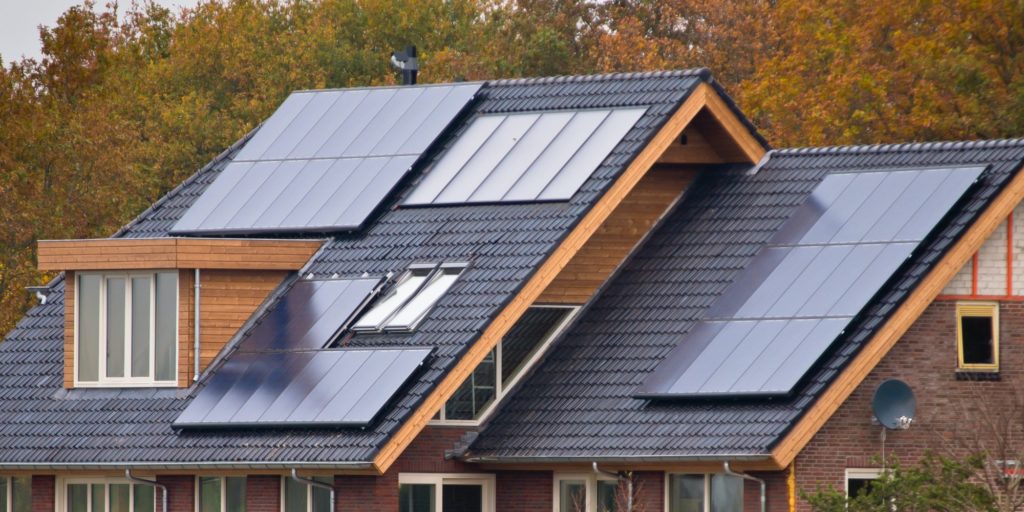
Clean the Panels Periodically
Research confirms that panels lose between 1% – 4.7% of their energy production due to the dust gathered on the panels, so ensure that you clean the panels periodically.
For easier upkeep, you can use special coatings to resist dust and minimise soiling.
Weather damage, particularly from storms, can cause catastrophic damage to your system.
Make sure that the panels are not in the path of trees and other structures, and if possible, try to shelter the panels in extreme weather conditions.
Regular Inspection and Maintenance Extends the Life of the Panel
The solar system is susceptible to broken panels cracks, disconnected wiring, and wobbly racks which degrade the performance and reduce panel lifespan.
Regular solar panel servicing and inspections will help you spot the issues in their early stages before they become expensive and extensive.
Prevent Excessive Increase in Temperature
The life and efficiency of the panels can be affected by the temperature conditions in which the panels operate.
While solar panels need maximum sunlight to ensure proper operation, extremely high temperatures can actually affect the surface, and reduce their efficiency.
Repeated exposure to high temperatures can cause cracks in the panels.
Therefore, ensure that there are a few inches of space between the panels and the roof to allow for airflow to cool the system.
Make Sure the Panels Receive the Maximum Sunlight
For better efficiency and lifespan, the solar panels should be set at an angle so that they receive the maximum sunlight all year round.
Depending on the angle of the roof, the panes could be anywhere from 10° to 35°.
The same goes for the direction of solar panels.
Australia being in the southern hemisphere, typically benefits from a north-facing solar panel.
Conclusion
The maintenance of solar panels is quite essential, including regular cleaning and inspections.
Homeowners are advised to be hands-on to ensure they operate at maximum efficiency rather than just relying on the technicians too.
If the solar panels are maintained well, you can enjoy decades of free electricity with just a one-time investment.
If you’re noticing a drop in performance of your solar panels, talk to one of our solar panel servicing specialists now!

